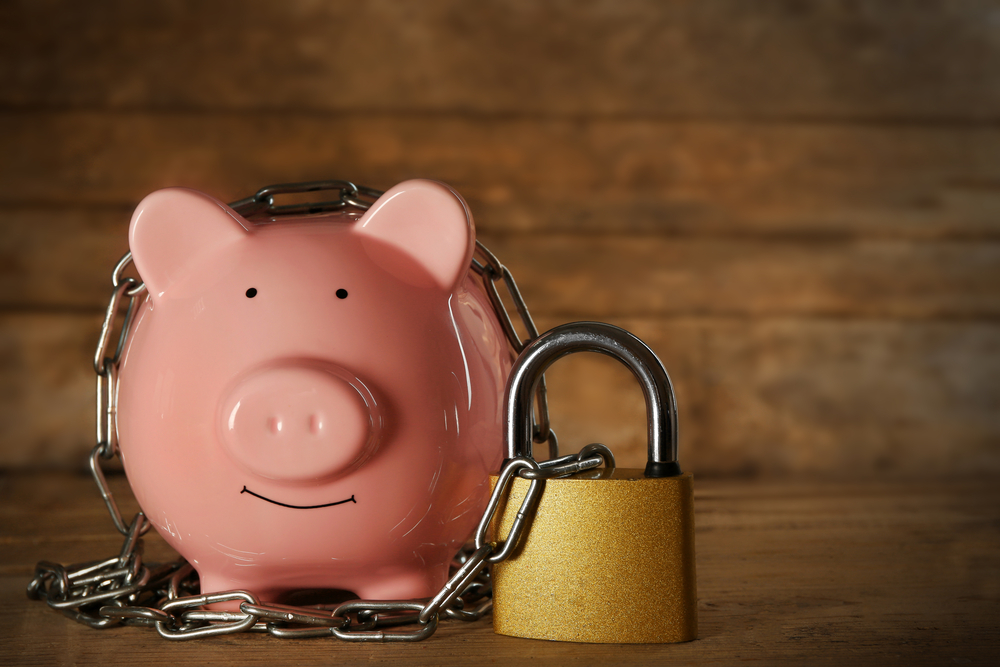News
One-year savings bonds rise 11% in a week: Should you stick or twist?

Savings rates are rising at speed following seven base rate hikes in a row. With rates chopping and changing constantly, should you commit your cash or wait for something better to come along?
Rates have been steadily climbing since the start of the year but it’s in the past week that they’ve been turbo-charged.
According to Anna Bowes, co-founder of Savings Champion, she can’t recall seeing rates change as quickly as this before.
One-year bonds have risen 11% in the last week, and they’ve risen 10% for the two-year product category.
Bowes said: “Since last Friday’s mini Budget, the best one-year bond on offer has increased from 3.6% to 4%. That’s a rise of over 11%.
“Meanwhile, the best two-year bond has increased 10% from 4% to 4.4%. The best five-year bond is now paying 4.5%.”

Wellness and wellbeing holidays: Travel insurance is essential for your peace of mind
Out of the pandemic lockdowns, there’s a greater emphasis on wellbeing and wellness, with
Sponsored by Post Office
Bowes added that rates had been rising quickly since the Prime Minister, Liz Truss announced her energy price guarantee earlier this month as part of a £150bn support package for homes and businesses.
“On 8 September, at the time of the announcement, the best one-year bond on offer was paying 3.35% while the best two-year was paying 3.51% so you can see what a significant and rapid increase there has been”, she said.
Compared to a year ago, the top one-year bond paid 1.4%.
Strong recovery for fixed term ISAs
Meanwhile, Savings Champion data also revealed that fixed term ISAs have had an even stronger recovery “which is good news as with rates on taxable accounts paying so much more, savers will be using their Personal Savings Allowance (PSA) with far lower deposits than in the past”, she said.
Given the successive base rate hikes, more people may be closer than ever in breaching the PSA for the first time. Basic rate taxpayers can earn £1,000 in savings interest tax-free each tax year, while higher rate taxpayers can earn £500. Additional rate taxpayers don’t currently receive a PSA but this is set to change next year when the additional rate of income tax is abolished.
Bowes said: “As long as the ISAs pay a tax-free rate that is higher than the rate after the deduction of tax on the equivalent non-ISA accounts, then ISAs will once again become a tax haven for savers.”
Last Friday, the top one-year ISA paid 3.05% but this has now climbed to 3.61%. Compare to last year, the top rate stood at 0.9%.
Should you fix your cash?
Savers are rightly questioning whether in a rising rate environment, they should lock up their money for a set time. It could mean their money is fixed in a product but a better deal may come along just days later.
Bowes said: “With things changing all the time, there is always the concern that if you lock into a fixed rate bond today, you might be missing out on better rates tomorrow. And that is a risk you may have to take.
“If you are always waiting to see if something better might come along, while leaving your cash to languish in a poorer paying account in the meantime, then you will always be missing out on earning that little bit more.
“One option, to try and hedge your bets, is to split your cash by putting some into fixed term, higher paying accounts now and keeping some aside in an accessible but best paying account to take advantage of the opportunity of higher rates if they come along.”